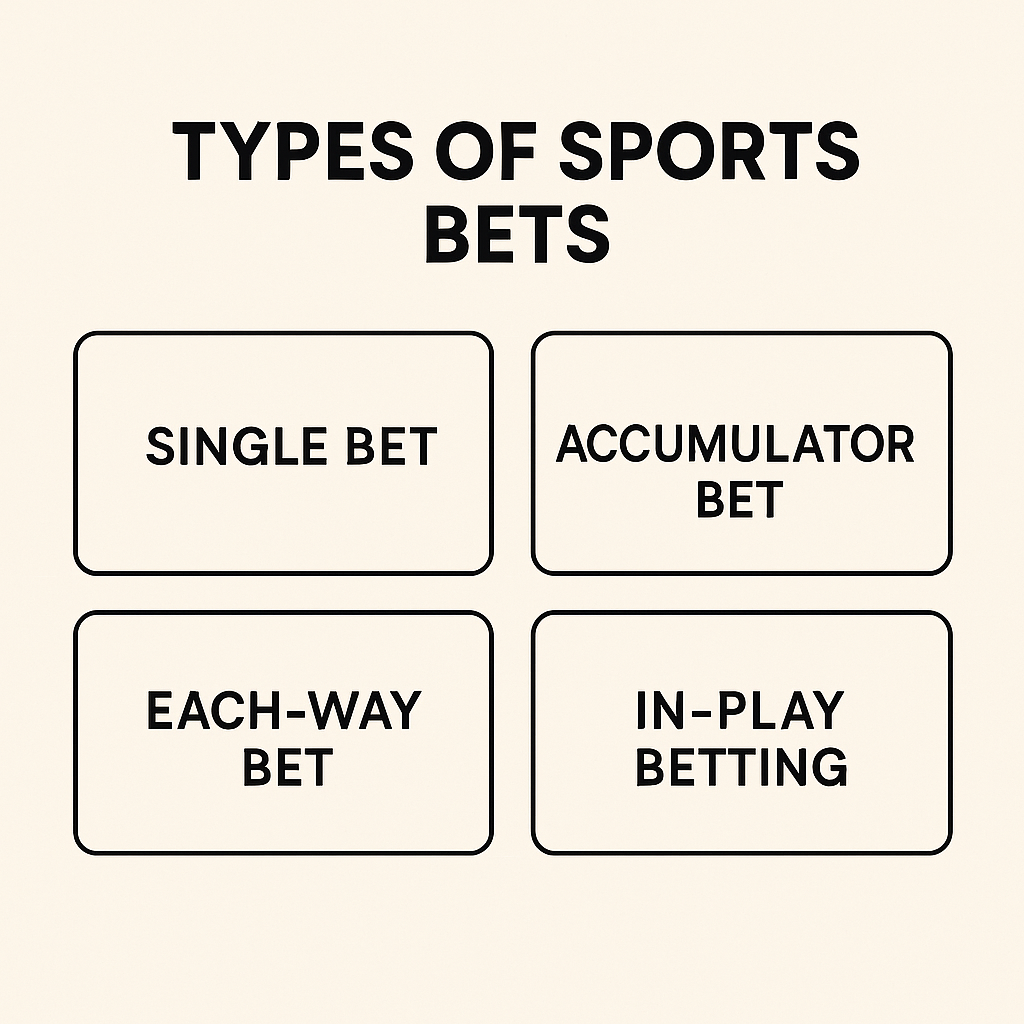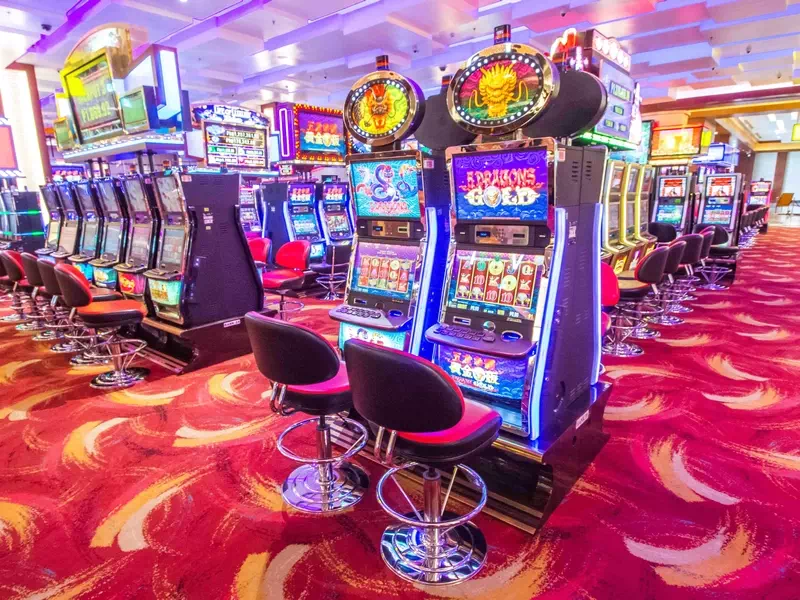
The Rise of Anonymous Gambling in Denmark
Gene
- 0
A Cultural Shift Toward Privacy and Autonomy
In recent years, Denmark—renowned for its strong digital infrastructure and progressive governance—has witnessed a silent yet profound evolution in the way its citizens engage with online gambling. At the center of this transformation is the emerging trend of anonymous gambling: a movement defined by discretion, privacy, and a break from traditional identification systems.
For many Danish players, the appeal of maintaining control over one’s personal data has never been stronger. The global privacy movement, the normalization of cryptocurrency, and increasing discomfort with centralized oversight are converging into a powerful catalyst. The rise of online casino uden nemid (online casinos without NemID) exemplifies this change, offering Danish players a gateway to play without linking their gambling activities to the national login system.
But why is this shift happening now, and what does it mean for the future of online casinos in Denmark?
Understanding NemID and Its Limitations
What Is NemID?
NemID is Denmark’s national digital identification system, used for everything from online banking to government communication—and, of course, gambling on Danish-licensed online casinos. It ensures secure logins and helps enforce responsible gambling measures, including automatic exclusion via ROFUS.
While NemID has strengthened consumer protection and reduced fraud, it also introduces significant friction for players who prioritize convenience, anonymity, or freedom of choice. The very same system that protects can also restrict, especially for players who don’t wish to share sensitive data with centralized authorities.
Why Are Some Players Avoiding It?
There are several reasons why Danish gamblers are turning away from NemID-based platforms:
- Desire for privacy: Some users prefer not to link their gambling habits with official identification systems.
- Data protection concerns: Cybersecurity fears and distrust in data-sharing models drive players to platforms that require less information.
- Accessibility issues: Technical problems or lack of access to NemID can limit participation.
- Preference for international platforms: Many international casinos don’t require NemID, yet still provide a wide range of secure and fair games.
This growing demand for less restricted access has created fertile ground for anonymous gambling platforms.
What Does “Anonymous Gambling” Really Mean?
Levels of Anonymity
“Anonymous gambling” doesn’t always mean completely untraceable activity. Rather, it refers to a spectrum of privacy levels:
- No mandatory ID verification at sign-up
- Depositing and withdrawing with cryptocurrency
- No national login system (e.g., no NemID)
- Minimal personal data collected (email only, in some cases)
These casinos emphasize voluntary identity disclosure, letting users remain in control of how much they reveal—and when.
Misconceptions About Anonymous Casinos
A common myth is that anonymous casinos are inherently unsafe or illegal. While unregulated platforms do exist, many reputable anonymous casinos operate under robust international licenses, such as:
- Malta Gaming Authority (MGA)
- Curacao eGaming
- Kahnawake Gaming Commission
- Anjouan (emerging licensing hub)
Safety and anonymity are not mutually exclusive. The best anonymous casinos invest heavily in cybersecurity, game fairness, and payment encryption—even if they don’t require a social security number at sign-up.
The Role of Cryptocurrencies in Danish Anonymous Gambling
Bitcoin, Ethereum, and Beyond
Cryptocurrencies are not just speculative assets—they are the financial backbone of anonymous gambling. They allow players to deposit and withdraw funds without disclosing personal banking information, enabling a new level of transactional privacy.
In Denmark, where traditional banking systems are deeply integrated with personal identity, the ability to gamble without bank involvement is a significant draw.
Advantages of Crypto-Based Casinos
- Fast withdrawals: Transactions often complete within minutes.
- Lower fees: Minimal transaction costs compared to banks or e-wallets.
- Global access: Play on any international site that accepts crypto.
- True ownership: Players maintain control of their funds via digital wallets.
Some Danish players have even moved exclusively to decentralized casinos—blockchain-based platforms that operate without a central authority—though these are still in their infancy.
Regulation vs. Freedom: The Danish Dilemma
The Regulatory Landscape
Denmark is widely regarded as a model for regulated online gambling. Through Spillemyndigheden, the government enforces strict licensing criteria, including responsible gaming tools, financial transparency, and ROFUS integration. This system has earned praise internationally, but it comes at the cost of full player autonomy.
Anonymous gambling challenges this paradigm. By seeking platforms that operate outside Danish regulation, players are effectively opting out of the system designed to protect them.
Risks of Going Off-Grid
Opting for anonymous gambling doesn’t come without risks:
- No access to ROFUS: Players with problematic gambling habits may find it harder to self-exclude.
- Limited dispute resolution: If a foreign anonymous casino denies a withdrawal, legal recourse may be minimal.
- Potential legal gray areas: While playing on foreign sites isn’t illegal in Denmark, the lack of consumer protection can be problematic.
Yet, many users see this as a reasonable trade-off for the freedom to manage their gambling experience on their own terms.
Who Is Choosing Anonymous Casinos?
Demographic Insights
The rise of anonymous gambling isn’t limited to tech-savvy crypto enthusiasts. Among Danish players, these are the key user groups:
- Young adults (18–35): More comfortable with decentralized platforms and crypto.
- Digital nomads and freelancers: Often use international payment methods and dislike bureaucratic systems.
- Privacy advocates: Intentionally avoid government-linked services.
- Problem gamblers: Unfortunately, some seek anonymity to bypass self-exclusion tools—raising ethical and social questions.
Motivations and Values
At its core, the movement is driven by values like:
- Digital sovereignty
- Personal freedom
- Control over identity
- Dissatisfaction with surveillance culture
What may have started as a niche curiosity is now turning into a mainstream alternative for thousands of Danish players.
How Safe Is Anonymous Gambling Really?
Security Features in Top Anonymous Casinos
Reputable anonymous platforms often use cutting-edge security, including:
- SSL encryption: To protect data transmission
- Cold wallet storage: For crypto security
- Two-factor authentication: For account access
- Provably fair gaming: A blockchain-based system to prove fairness in real time
In many ways, these casinos are ahead of the curve compared to traditional operators.
Expert Advice: Red Flags to Avoid
Even in the anonymous gambling space, players should avoid:
- Sites without any license or regulatory oversight
- No encryption or outdated SSL certificates
- No public company information
- Fake reviews or review manipulation
- Unclear bonus terms or unlimited wagering restrictions
If a casino avoids transparency under the guise of anonymity, it’s likely not a safe choice.
Responsible Gambling in an Anonymous Era
The Paradox of Anonymity
One of the main challenges anonymous platforms face is how to promote responsible gambling without the centralized tools used by Danish regulators. Without NemID, ROFUS, or linked ID systems, enforcement becomes player-driven.
Self-Imposed Limits and Tools
Top anonymous casinos are addressing this through features such as:
- Voluntary deposit limits
- Playtime notifications
- Manual self-exclusion
- Account cooling-off periods
Education also plays a role. The more informed the player, the more likely they are to stay within safe boundaries.
The Future of Anonymous Gambling in Denmark
Integration or Isolation?
We may be heading toward a hybrid model, where even traditional Danish-licensed casinos begin to offer anonymous features without compromising on safety. This could include:
- Guest modes with limited access
- Crypto payment options
- Streamlined ID verification (e.g., biometric alternatives to NemID)
Alternatively, we may see a further fragmentation of the gambling landscape, where anonymous and regulated spaces evolve separately—each serving a distinct audience.
Could the State Adapt?
While the Danish Gambling Authority has not officially endorsed anonymous gambling, a forward-thinking regulatory framework could someday include privacy-respecting casinos under its umbrella. For instance:
- Licensing crypto casinos under strict AML rules
- Recognizing decentralized platforms with built-in fairness auditing
- Developing new exclusion tools that don’t rely on national ID
Such innovations would place Denmark at the forefront of next-generation gambling policy.
Conclusion: The Player’s Choice in a New Gambling Era
The rise of anonymous gambling in Denmark is not a rebellion—it’s a reimagining. It reflects a growing demand for flexibility, privacy, and autonomy in an age of digital surveillance and centralized control. While not without risks, the appeal of platforms like online casino uden nemid is undeniable.
For some, this path represents liberation. For others, it represents danger. But ultimately, it highlights one essential truth: the future of gambling in Denmark will not be dictated solely by institutions. It will be shaped by the informed choices of players who value both security and freedom in equal measure.
As technology evolves and values shift, one thing remains constant: trust must be earned. Whether through regulation, encryption, or community reputation, anonymous casinos are learning that even in the shadows—transparency is everything.


